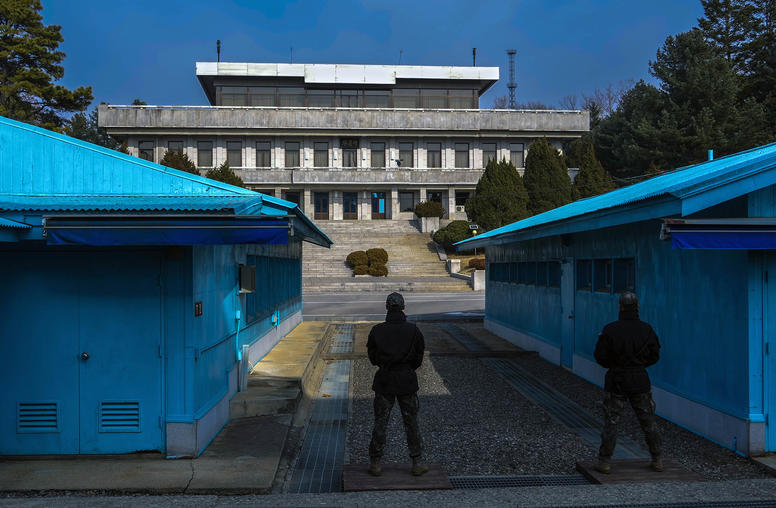Council Unbound: The Growth of UN Decision Making on Conflict and Postconflict Issues after the Cold War
Public event co-sponsored with The American Society of International Law
Since the end of the Cold War, the scope of authority exercised by the UN Security Council under Chapter VII of the UN Charter has vastly expanded. The Council has not only asserted the right to intervene in a wide variety of ongoing armed conflicts, but also to take proactive measures to prevent conflicts or mitigate the effects of conflicts that have already occurred. Although many have asserted that the UN’s effectiveness and legitimacy have eroded, the Council continues to use its expanded authority in new ways to deal with emerging conflicts and threats to peace.
All this raises a number of questions. What is the legal basis for the Council’s new scope of action? Has this expanded authority been used wisely and effectively? Are there other ways in which the Council can or should be acting more assertively? How should the Council’s authority be reconciled with the sovereignty of UN member states?
Convened to mark the release of Michael Matheson’s book Council Unbound: The Growth of UN Decision Making on Conflict and Postconflict Issues after the Cold War, this panel evaluates the Council’s expanded legal authority from various perspectives.
Speakers
- Michael J. Matheson
Member of the International Law Faculty, George Washington University School of Law
Former Deputy Legal Advisor and Acting Legal Advisor, U.S. Department of State - Ruth Wedgwood
Edward B. Burling Professor of International Law and Diplomacy
SAIS, Johns Hopkins University - Amb. Jacques Klein
Member of the Public and International Affairs Faculty, Woodrow Wilson School of Public and International Affairs, Princeton University
Former Chief of UN Operations in Croatia, Bosnia-Herzegovina, and Liberia - Lynn Tesser, Moderator
Program Officer, U.S. Institute of Peace
Archived Audio
To listen to audio or to view video, please click on the links provided below. You also can right click on the links and choose "Save Target As" or "Download Linked File." This will save the file to your computer and then allow you to play it in your media player directly. More Audio Help.
- Listen to the audio from this event.
1:58:28 - 21.6MB




